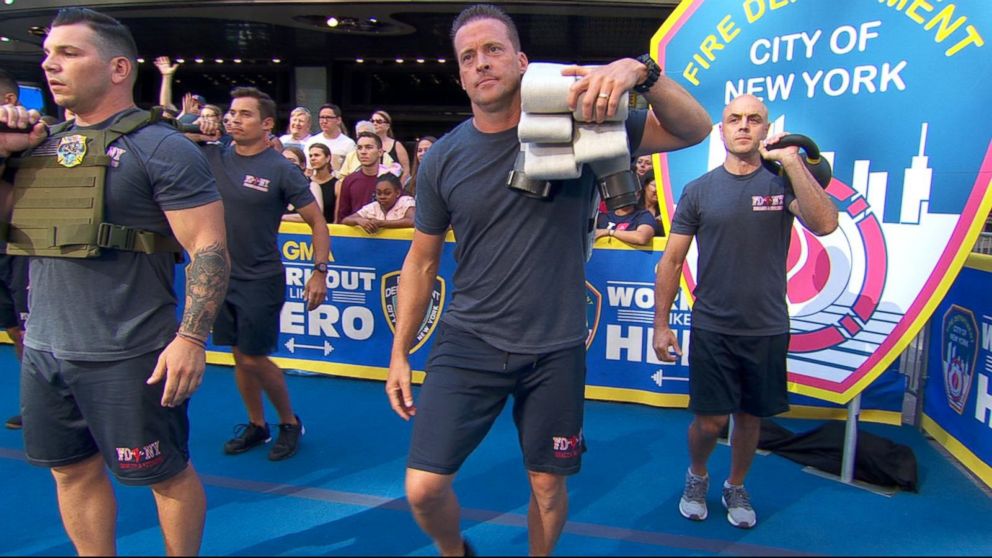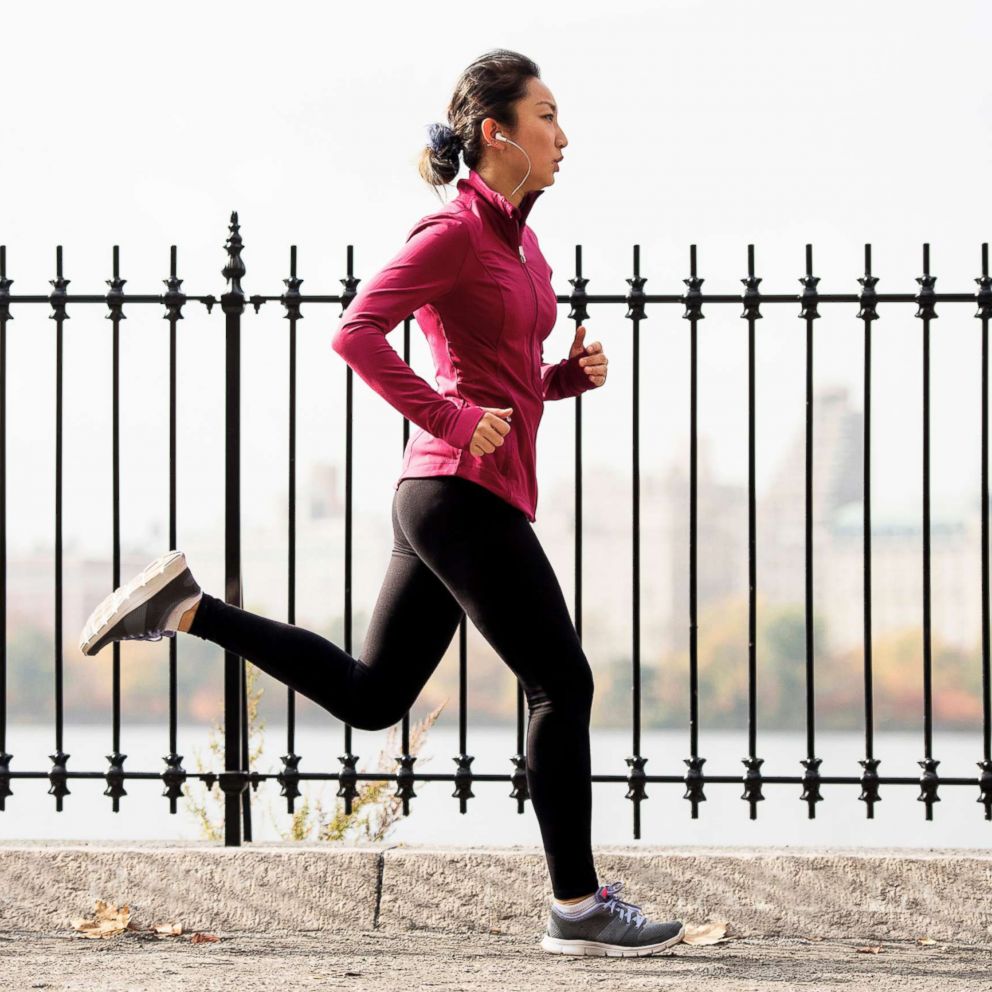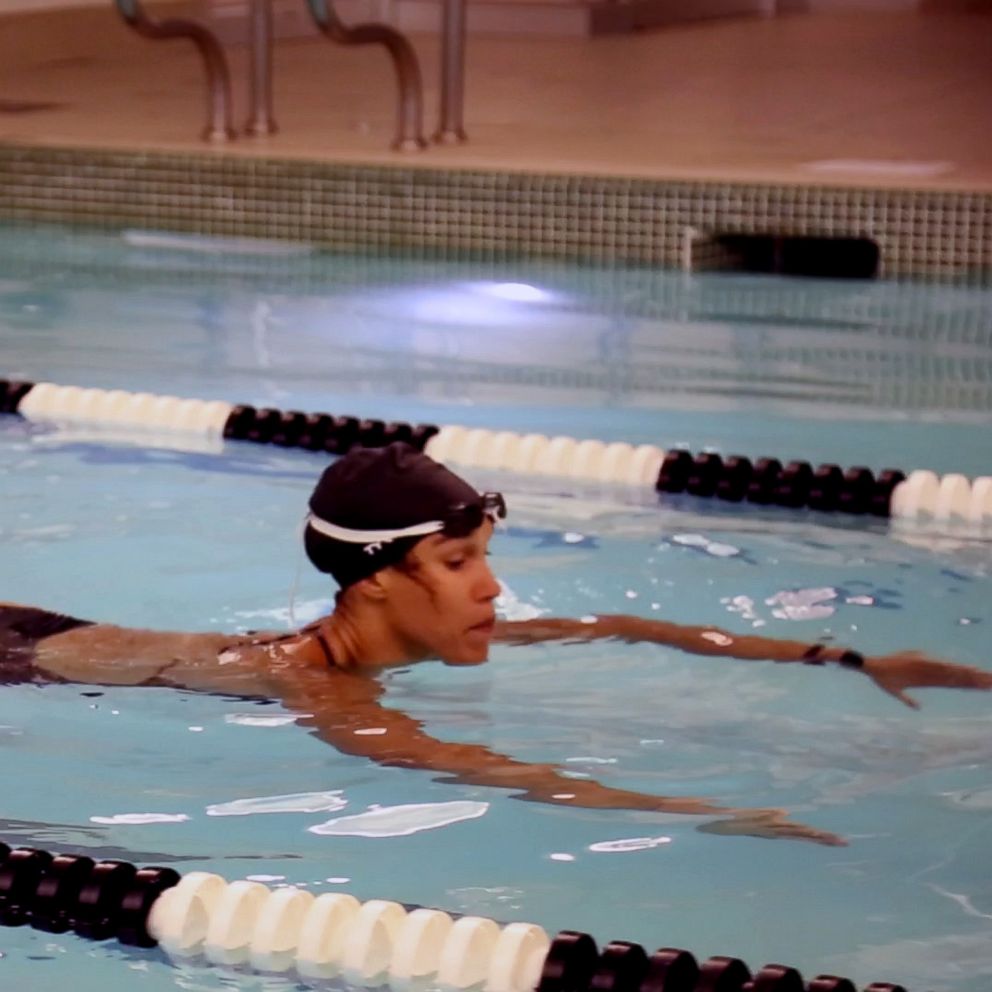Train like a firefighter with this 20-minute, circuit workout at home
Captain Thomas Tanzosh of the FDNY stopped by "GMA" to demo how they work out.
Whether you want to look like the ripped firefighters you may have seen in a calendar or you're just trying to get in better shape for your everyday life, this "hero's workout" may be just what you need to revamp your exercise routine.
Capt. Thomas Tanzosh of the Fire Department of the City of New York (FDNY) stopped by "Good Morning America" to demonstrate some workout moves that New York's bravest use to stay in life-saving shape, and that you can easily incorporate into your own fitness routine.

Tanzosh said that when new recruits come into the fire department, they train them to be "tactical athletes," meaning they focus on improving their overall strength, conditioning and nutrition.
The FDNY members' workout routine consists of body-weight movements, strength training, and running for short and long distances and they put an extra focus on mobility and injury prevention, according to Tanzosh.
Here, he breaks down how to do a typical firefighter's 20-minute, total-body circuit workout at home.

The firefighter's tactical athlete circuit workout:
The circuit consists of six movements with four minutes spent at each station. If you're working with a partner, then each person will do work for 30 seconds and rest while their partner finishes their round, and then they will switch. The goal is to get the maximum amount of work done within the four minutes.
1. Over-the-shoulder d-ball cleans
For this move, firefighters are tasked with lifting oddly loaded objects with power and speed, and the d-ball weight is a great implement to do that. Whether it’s lifting equipment, a civilian or a downed firefighter, the ability to manipulate and lift that load quickly and efficiently is paramount to a firefighter's success.
To do this move, simply start with the d-ball weight on the ground, lift it up over your shoulder and drop it on the ground behind you. Then turn around and repeat.
2. Off-loaded forward lunges
Firefighters, especially in urban settings, are often tasked with moving heavy loads vertically, and while it may be nice to work out with a balanced load, their tools and situations don't always allow for that.
Using an unevenly loaded weight while doing lunges helps to build leg strength, but also helps to build a strong core and upper body. Tanzosh says they typically will use a rolled-up fire hose as their uneven weight.
3. Push press
This move works out your upper body, and the pushing strength that is built is essential for firefighting operations, according to Tanzosh. To do this move, simply start with your weights at about shoulder height and then press them overhead.
4. Kettlebell dead lifts
This workout move helps to build brute strength as well as functional movement patterns for firefighters, Tanzosh said.
Simply do a classic deadlift using a kettlebell weight of your choice.
5. Row
Because cardiovascular endurance is critical when you are a firefighter, the FDNY tasks their firefighters to work out on a row machine to give them a low-impact, full-body cardiovascular workout with a machine that does not take up a whole lot of space.
6. American kettlebell swing
If you have limited time for your workout, this is a great move because it gives you great bang for your buck. Firefighters use the swing to build their shoulder mobility and strength, but if shoulder mobility is an issue than you can always modify by doing an eye-level Russian kettlebell swing.
Simply start with the kettlebell just below your groin and swing the weight up to your chest level and then over the top of your head.






